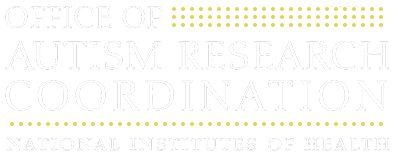| |
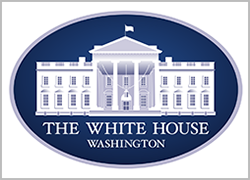
 A Proclamation on World Autism Awareness Day
A Proclamation on World Autism Awareness Day
In his 2022 Presidential Proclamation for World Autism Awareness Day, President Joseph R. Biden reaffirms his Administration’s commitment to equity for people on the autism spectrum across all races, ethnicities, genders, cultures, and geography in access to services, inclusion of people with lived experience in research, opportunities for competitive integrated employment, and the ability to pursue their life interests free of discrimination.
|
|
| |
|
| |
| |
| |
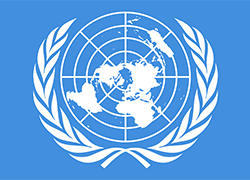
 U.N. Secretary-General Statement for World Autism Awareness Day
U.N. Secretary-General Statement for World Autism Awareness Day
For World Autism Awareness Day, United Nations (UN) Secretary-General António Guterres affirmed the UN’s support of the rights of people on the autism spectrum to fully participate in society. The rights of people with disabilities are supported in the UN’s Convention on the Rights of Persons with Disabilities and the 2030 Agenda for Sustainable Development. Secretary Guterres recognizes that the COVID-19 pandemic has exacerbated many inequalities as well as the need for community-based support systems, such as systems for inclusive education, which is the topic of this year's UN World Autism Awareness Day Special Event on April 8, 2022.
|
|
| |
|
| |
| |
| |
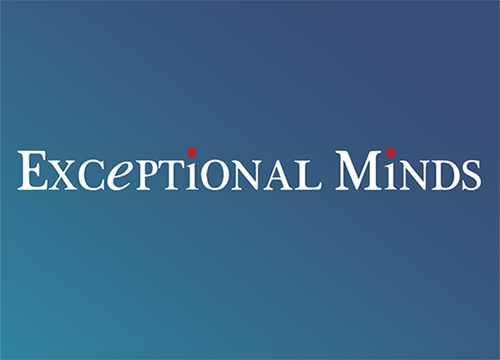
 NIMH/OARC Special Event for Autism Awareness Month: Animating the Future for Exceptional Minds
NIMH/OARC Special Event for Autism Awareness Month: Animating the Future for Exceptional Minds
The National Institute of Mental Health (NIMH) and the Office of Autism Research Coordination (OARC) are hosting their 9th Annual Autism Awareness Month Special Event, Animating the Future for Exceptional Minds. The event will feature Exceptional Minds, a non-profit organization in Los Angeles, California, that prepares young adults on the autism spectrum for careers in the digital arts and entertainment industry.
|
|
| |
|
| |
| |
| |
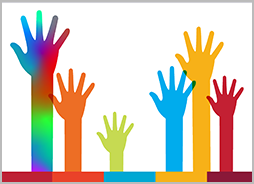
 Inclusive Quality Education for All
Inclusive Quality Education for All
As COVID-19 has spread around the world, many schools have closed, exacerbating existing inequalities in education. This year’s observance of World Autism Awareness Day addresses the UN's fourth Sustainable Development Goal, "Quality Education," which includes inclusive and equitable lifelong learning opportunities for all. Specifically it notes that people with disabilities are entitled to equal access to all levels of education and vocational training. The UN's Sustainable Development goals were adopted in 2015 to address major challenges in the world.
|
|
| |
|
| |
| |
|
|
| |
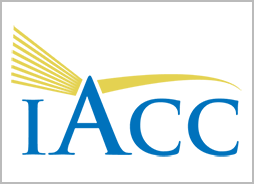
 Upcoming IACC Full Committee Meeting
Upcoming IACC Full Committee Meeting
The purpose of the IACC meeting is to discuss business, agency updates, and issues related to autism spectrum disorder (ASD) research and services activities. The meeting will be held virtually and is open to the public. The meeting will include a welcome from Acting Principal Deputy Director Dr. Tara Schwetz as well as presentations on housing and communication needs.
|
|
| |
|
| |
| |
| |
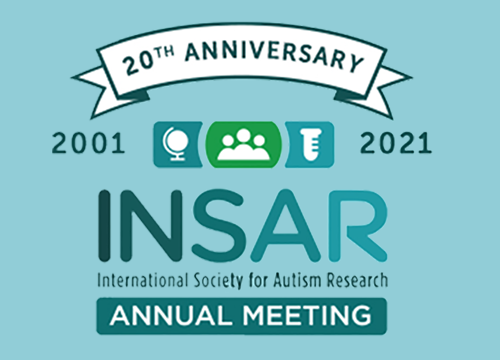
 INSAR 2022 Annual Meeting
INSAR 2022 Annual Meeting
The International Society for Autism Research (INSAR) will be hosting their annual meeting this May. This year's event, which will be held both virtually and in-person, will include presentations from prominent autism researchers from all over the world.
|
|
| |
|
| |
| |
| |
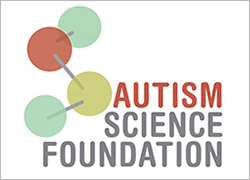
 9th Annual Day of Learning
9th Annual Day of Learning
Since 2014, the Autism Science Foundation (ASF) has produced science conferences designed for autistic people and their families, advocates, and researchers. The ASF Day of Learning incorporates TED-style talks that bring top researchers together with autism stakeholders to share cutting-edge findings and to discuss issues that matter to the autism community. This year’s event was hybrid, occurring both in person at the New York Athletic Club and online.
|
|
| |
|
| |
| |
| |
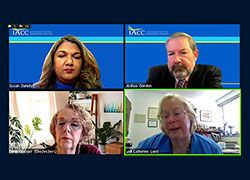
 January IACC Full Committee Meeting
January IACC Full Committee Meeting
During the January IACC meeting, the committee discussed the CDC’s autism prevalence update, The Lancet commission on the future of autism research, and committee business.
|
|
| |
|
| |
| |
|
|
| |
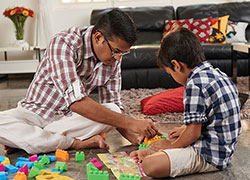
 CDC, AAP Update Developmental Milestones for Developmental Surveillance Program
CDC, AAP Update Developmental Milestones for Developmental Surveillance Program
In January, the Centers for Disease Control and Prevention (CDC) and the American Academy of Pediatrics (AAP) updated their developmental milestones checklist, which is part of the "Learn the Signs. Act Early." program. The original version of the tool listed milestones that at least 50 percent of children at a given age can demonstrate, while the revised version lists milestones that 75 percent of children can accomplish. Dr. Jennifer Zubler, a pediatrician who led this work, hopes that the updated tool will be more helpful in identifying children with developmental delays. The report describing the update was published in the journal Pediatrics.
|
|
| |
|
| |
| |
| |

 American Association Of Suicidology Releases Autism-Specific Web Page For Suicide Prevention And Crisis Intervention
American Association Of Suicidology Releases Autism-Specific Web Page For Suicide Prevention And Crisis Intervention
The American Association of Suicidology (AAS) released new resources for autistic people who are in crisis. The new page includes information on risk factors and toolkits. This is the first time a major, national suicide prevention organization has developed resources specifically for and about autistic people. Autistic people are three times more likely to attempt and die by suicide than non-autistic people. The AAS Autism and Suicide Committee will continue to update this page as part of their commitment to raising awareness and developing autism-specific resources.
|
|
| |
|
| |
| |
|
|
|
|
| |
| |
| |
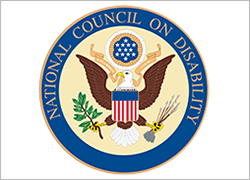
 NCD Announces Health Equity Framework for People with Disabilities
NCD Announces Health Equity Framework for People with Disabilities
The National Council on Disability (NCD) released a new framework for policymakers to address medical discrimination against people with disabilities and to achieve health equity. The Health Equity Framework rests on four core areas: designating people with disabilities as a Special Medically Underserved Population (SMUP), requiring disability clinical-care curricula for health professionals, requiring accessible medical and diagnostic equipment, and improving data collection. The framework provides a roadmap for fixing systemic barriers and includes many examples of documented health disparities and inquiries.
|
|
| |
|
| |
| |
| |
|
|
Community Participation Opportunities |
|
| |
|
| |
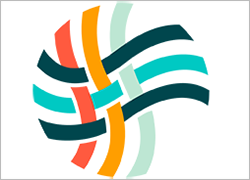
 Seeking Autistic Adults for Suicide Prevention Survey
Seeking Autistic Adults for Suicide Prevention Survey
Researchers at Florida Atlantic University (FAU), with the participation of the Autism Society of America, are conducting a study on suicide prevention in relation to autistic adults. Suicide and its connection to autism is a current gap in the research base. The goal of this survey is to learn how crisis or suicide prevention hotlines may have been helpful to autistic people, and what other supports may have worked for self-advocates in times of crisis. This survey is not intended for autistic people under 18 or those under guardianship.
|
|
| |
|
